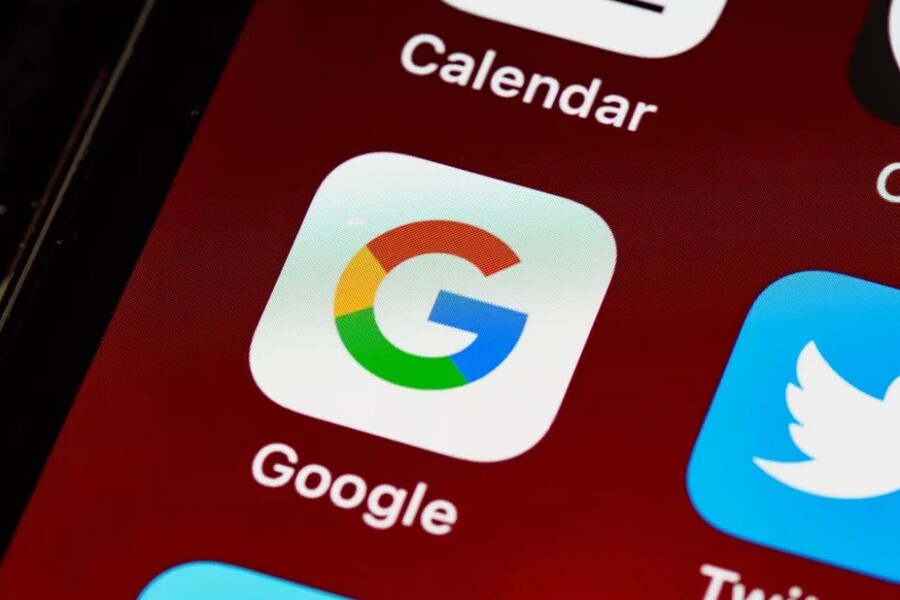In a significant legal blow to one of the world’s largest tech firms, a California state court has ordered Google to pay $314 million in damages following a class action lawsuit that accused the company of covertly using users’ cellular data to transmit background information, without user knowledge or consent.
What the Court Found
The Santa Clara County Superior Court found that Google violated California consumer protection laws by systematically transferring data from Android devices over cellular networks, even when users were not actively using their phones. This data transmission continued in idle states—meaning phones with no open apps or user interaction—and was allegedly engineered to occur on mobile networks rather than Wi-Fi, resulting in user-incurred data costs.
The ruling stems from the lawsuit Attila Csupo et al. v. Google LLC (Case No. 19-CV-352557), initially filed in August 2019. The court certified the matter as a class action suit, potentially impacting more than 13 million California residents.
Allegations: Background Data Transfer Without Consent
Plaintiffs in the case presented a series of technical analyses showing that Android phones routinely transferred extensive logs of system activity to Google servers—data that included network diagnostics, system status, and app usage logs.
In one striking example, a Samsung Galaxy S7 using factory-default settings and a freshly created Google account transferred 8.88MB of mobile data in one day, of which 94% (over 8.3MB) was exchanged with Google. The phone had no third-party apps installed and was left idle. Over 24 hours, it engaged in 389 data communications with Google servers.
Another test case found that a phone with the Chrome browser merely left open in the background recorded around 900 similar background transmissions in a single day.
Plaintiffs argued that these background communications were not only unnecessary to transmit immediately but were also designed in a way that prioritized Google’s benefit at the expense of users’ data plans.
“Google could program Android to limit passive data transfers to Wi-Fi connections or allow users to control these transmissions, but it has deliberately chosen not to,” the lawsuit asserted.
Google’s Defense and Plans to Appeal
In response, Google pushed back against the ruling, suggesting that the court misunderstood the nature of the data transmissions. Company spokesperson Jose Castaneda told Reuters that the data exchanges serve critical functions for Android devices, including ensuring performance, security, and reliability.
“We disagree with the verdict and will appeal. These services are essential to how Android functions and keeping user devices safe,” Castaneda stated.
Despite Google’s position, the court sided with the plaintiffs, determining that the company failed to adequately inform users or offer sufficient control over how and when this data would be transmitted.
Why This Case Matters
This case adds to growing legal scrutiny around the data practices of Big Tech. Consumers are becoming more aware—and less tolerant—of hidden data usage that affects their privacy, device performance, or finances. Although the dollar amount may seem relatively small compared to Google’s global revenues, the ruling sets a precedent for transparency and user control in mobile operating systems.
The decision could open the door to further class action litigation in other states and jurisdictions with similar consumer protection laws.
It also comes at a time when Google is under intense pressure globally to increase transparency about its data collection methods. In recent months, Google agreed to pay $1.34 billion to the State of Texas for allegedly violating privacy laws by tracking users without consent, including collecting biometric data. Similarly, Meta agreed to a $1.4 billion settlement in a related case over improper data practices in Texas.
What’s Next for Google and Android Users?
With Google expected to appeal, the case could drag on for months or even years. However, privacy advocates are calling on Android developers to introduce clearer permissions and give users the ability to restrict passive data transfers unless connected to Wi-Fi.
In the meantime, Android users in California may soon receive notifications regarding their eligibility to file claims or receive compensation, depending on how the settlement is structured and distributed.
User FAQs:
Q: What exactly did Google do wrong?
Google was found to have transferred large amounts of data from Android devices in the background using users’ cellular data, without informing users or seeking consent. These transfers occurred even when phones were idle or not in active use.
Q: Will I get part of the $314 million?
If you’re a California resident and used an Android phone during the period in question, you may be eligible for compensation once claim procedures are announced.
Q: How can I protect my mobile data from background transfers?
You can manually restrict background data in Android settings by going to:
Settings → Network & Internet → Data usage → Data Saver, and enabling “Data Saver.” Also, limit background activity for specific apps.
Q: What is Google’s defense?
Google says these data transfers are essential for Android security and performance. The company believes the court misunderstood how Android operates and plans to appeal.
Conclusion
The $314 million verdict against Google highlights a shifting legal landscape in which courts are increasingly holding tech companies accountable for how they collect and use user data, especially when it impacts consumers financially. With the rise of data privacy awareness, this case could have ripple effects across the industry, prompting changes in mobile OS design and user permissions worldwide.

